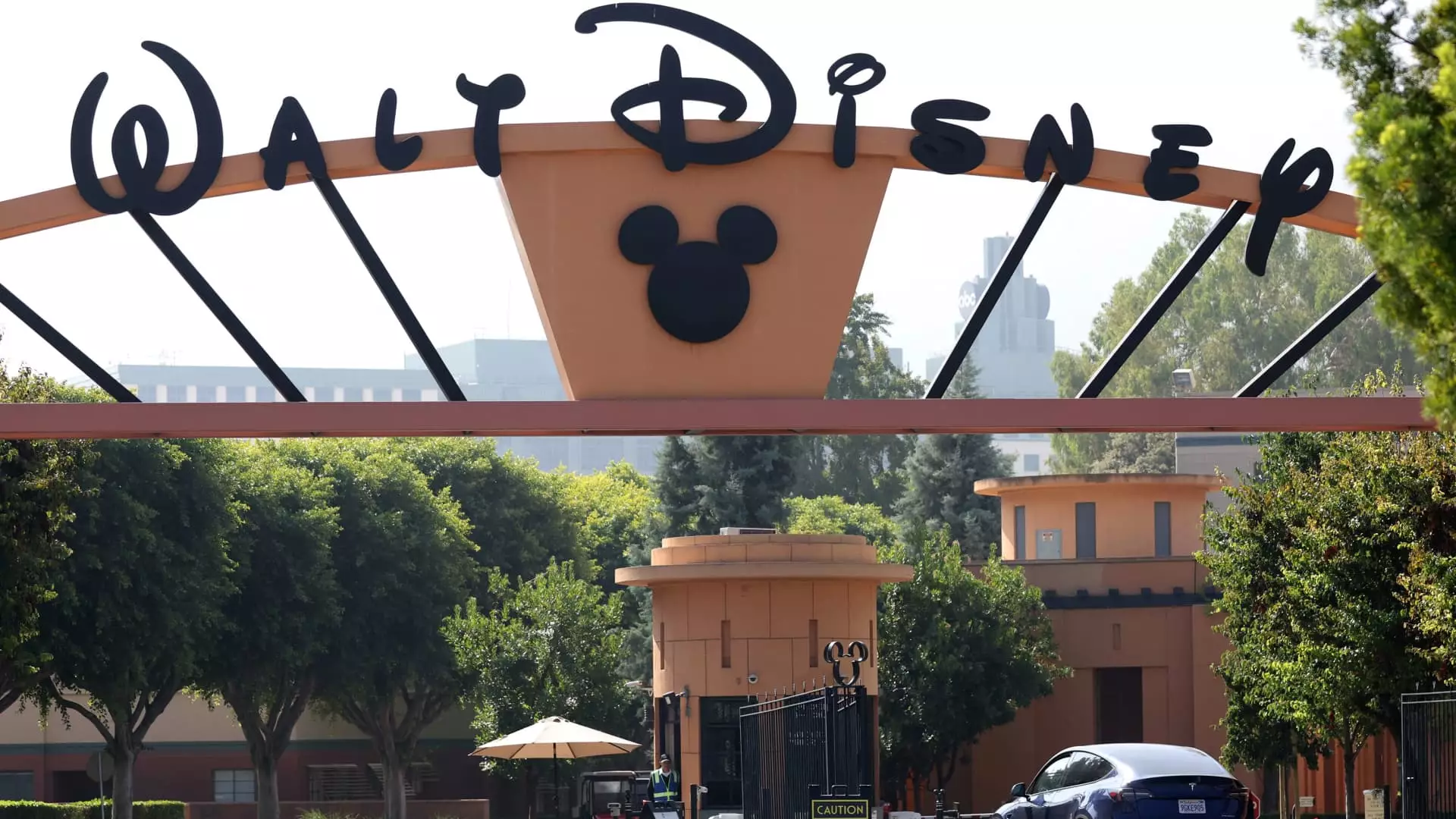The recent announcement by the Federal Communications Commission (FCC) regarding its intention to investigate the Walt Disney Company’s efforts in diversity, equity, and inclusion (DEI) represents a troubling intersection of government oversight and corporate autonomy. As the FCC embarks on this inquiry, it raises essential questions about the role of regulatory bodies in what should fundamentally be a corporate governance issue. The agency’s move reflects an unsettling trend where the government intervenes in the internal policies of private companies, sending a signal that efforts to create a more inclusive workplace may be met with skepticism and punitive scrutiny. This situation not only undermines corporate freedom but also poses a risk to the progress made in fostering an equitable environment in workplaces that have been historically unbalanced.
The Political Battlefield
Chairman Brendan Carr’s investigation appears to be motivated by much more than oversight; it is cloaked within a politically charged environment that has often vilified DEI initiatives. The origins of this investigation align closely with actions taken by the Trump administration, which sought to delegitimize DEI as various entities aim to nurture inclusive cultures. The implications are clear: what seems to be an act of regulation could easily morph into a punitive venture where progressive efforts are stifled in the name of ideological purity. This movement against DEI highlights the contentious political landscape wherein social justice initiatives are being turned into partisan issues—creating an atmosphere where corporations like Disney could end up being pawns in a larger political game.
The Potential for Misinterpretation and Misuse
FCC’s mission is to regulate communication and ensure that all citizens have fair access to information. Yet, the apparent shift toward dictating corporate employment practices introduces an unsettling possibility for misinterpretation and misuse of regulatory power. DEI practices, beyond their merit, can be misconstrued as discriminatory, particularly by those who resist changes in the status quo. In this context, a mere suspicion or allegation can spiral into elaborate investigations that could tarnish the reputations of companies attempting to better themselves. This is not just an investigation; it’s a potential witch hunt dressed as an inquiry.
The Backlash from Employees and Consumers
As companies like Disney navigate these turbulent waters, they risk significant backlash from both employees and consumers. Just as the FCC begins to scrutinize DEI practices, many employees—particularly from marginalized backgrounds—might feel that their employer is under siege for striving toward better representation and equity. The very employees who these practices intend to protect may find themselves feeling vulnerable or unsupported.
In addition, consumer sentiment can sway dramatically based on political narratives. A backlash against Disney’s inclusivity efforts could lead to consumer boycotts or a call for corporate accountability, fostering a divide among patrons who may align with or oppose the investigation. It raises the question: will customers support a brand that exhibits a commitment to diversity, or will they empower the narrative that casts DEI as an obstacle to fairness?
The Ironic Twist of Intent
The intention behind a DEI investigation, presumably aimed at ensuring compliance and purity of representation, ironically promotes a culture of fear and bewilderment. In crafting an image that strives for fairness, Disney and similar corporations may soon confront an existence riddled with compliance anxiety, where organizational transparency morphs into disillusionment. This investigation risks transforming what should be a concerted effort for improvement into a bureaucratic burden reminiscent of corporate espionage.
Ultimately, the investigation may not just precipitate a chilling effect on Disney’s inclusion initiatives but also reformulate how corporations approach social responsibility, potentially disheartening other industry giants who aim to make strides toward inclusivity.


Leave a Reply